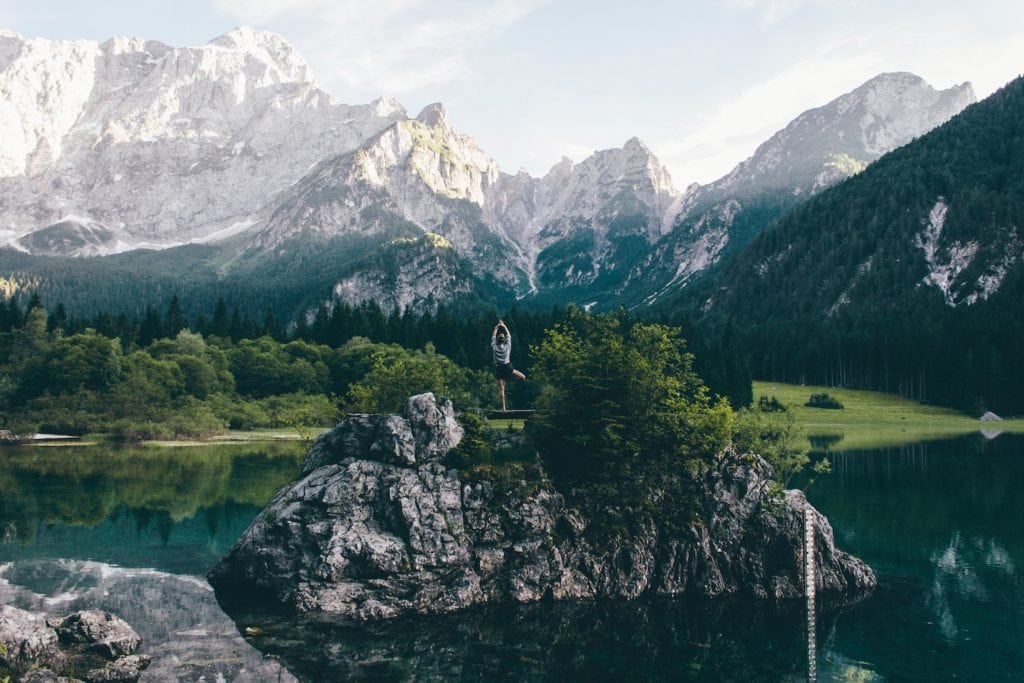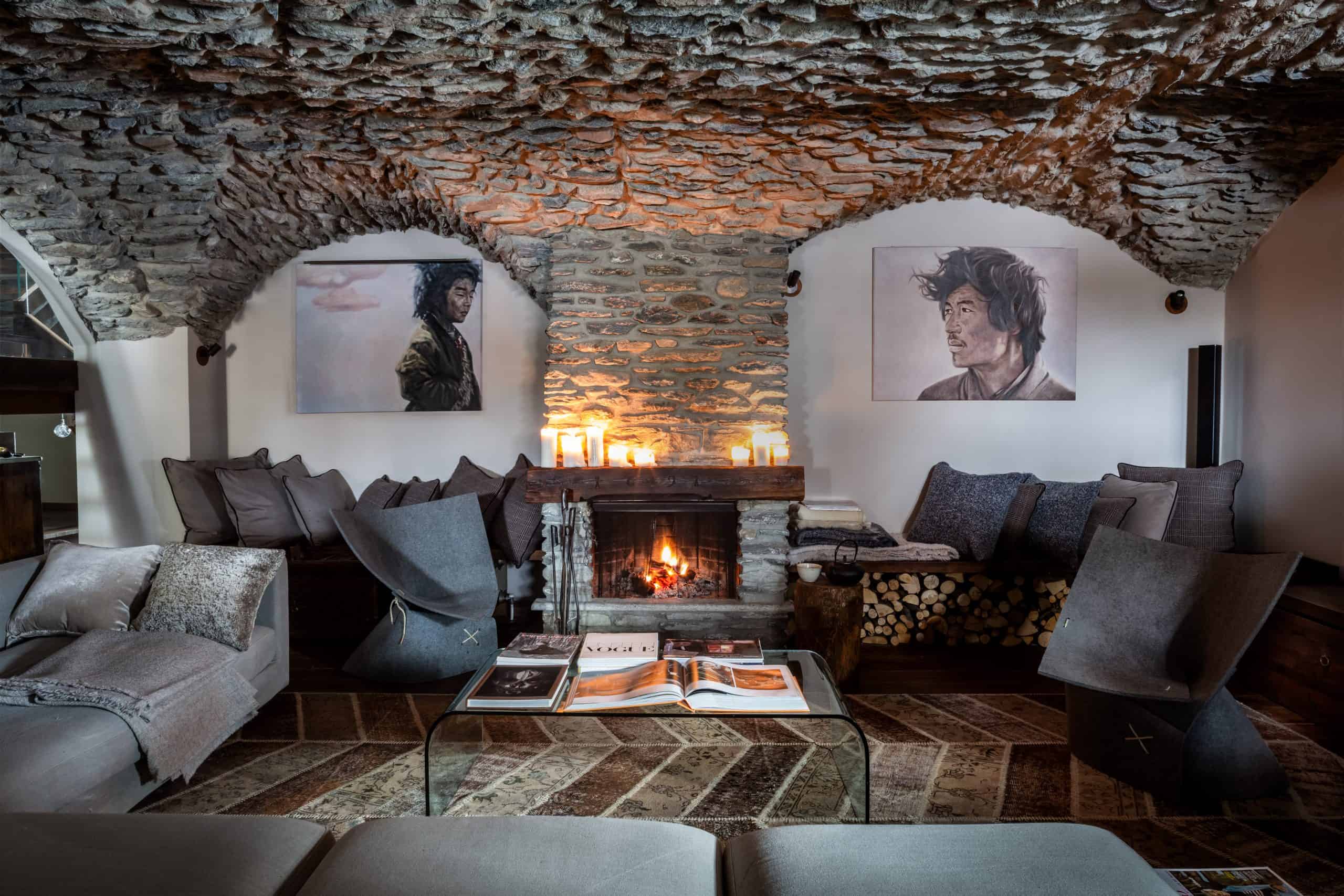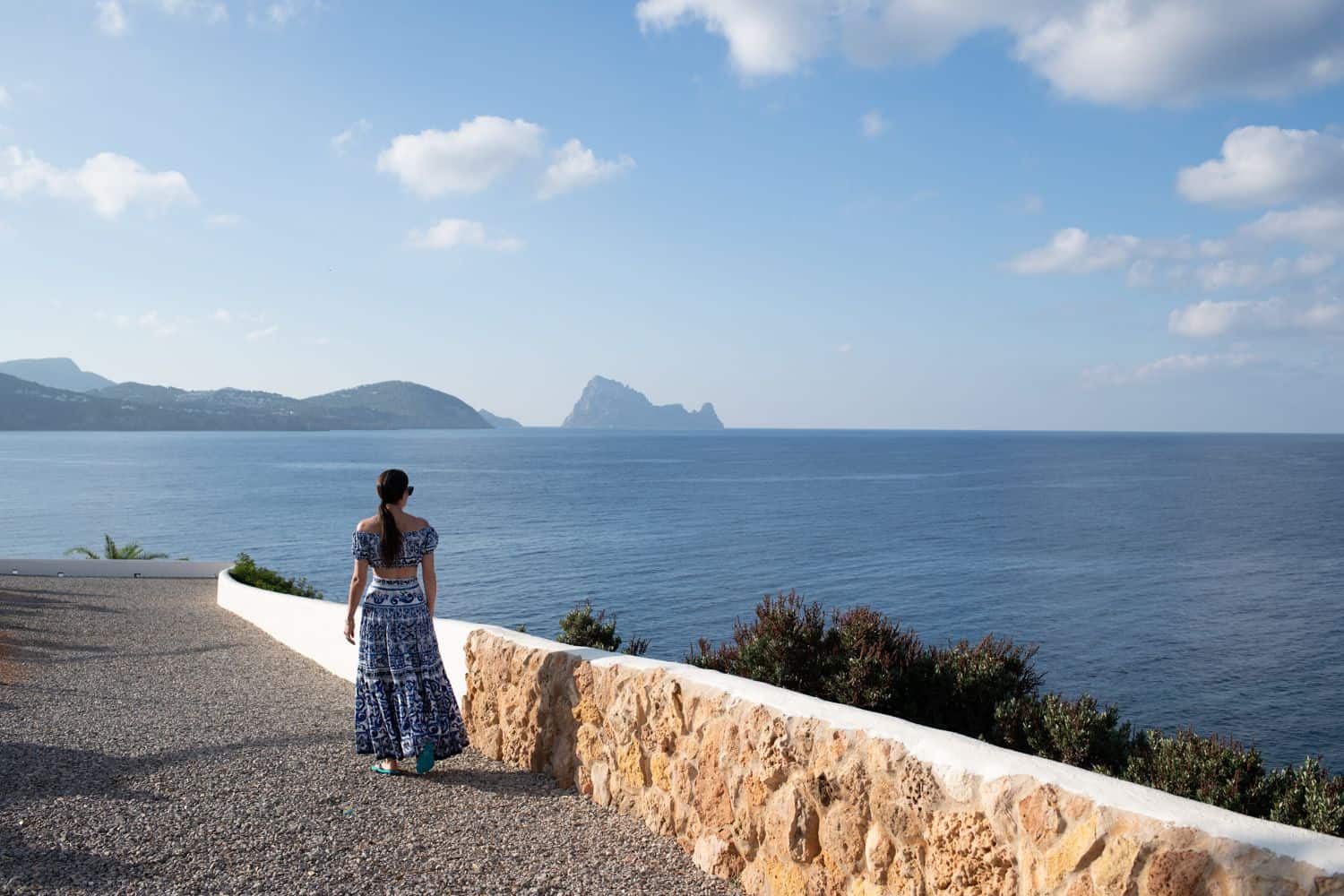Unveiling its annual wellness trends report this week in New York, the Global Wellness Summit (GWS) has released its top 10 wellness trend predictions for 2020. Analysing the key trends in the US$4.5 trillion global wellness industry and anticipating which will have the biggest impact over the coming year, the report discusses everything from circadian health to wellness music. Read on for the report highlights, or download the full report here.

Focus Shifts from Sleep to True Circadian Health
The world has never been more sleep-obsessed, and there’s a US$432 billion ‘sleep economy’ to prove it. But 2020 is going to be focused on tapping into our circadian biology. “We predict a major shift in wellness: less focus on solutions targeting sleep/fatigue and a new focus on circadian health optimisation, not only so we can sleep but to boost the brain/body systems controlled by the circadian clock,” says the report. Type and timing of light will be the real focus here, along with trends like ‘circadian diets’ and apps that can manipulate jet lag and re-optimise our sleeping patterns.
See also: Everything You Need To Know About Good Sleep Hygiene
Aging Rebranded: Positively Cool
“Baby boomers redefined aging, and now the market is finally catching up to them,” says Global Wellness Summit’s newest report. Highlighting the overlooked 55+ market—one talked about in depth at the 2019 Global Wellness Summit—the trend of ‘cool aging’ looks to address the needs and desires of an aging population who are still active, excited and looking to invest heavily in their wellbeing. “They spend nearly five hours a day on smartphones and spend more on online shopping than millennials. And yet, this powerful demographic attracts only 10 percent of marketing budgets and less than 1 percent of global innovation.” The report predicts that marketing campaigns will refocus their efforts on this demographic, while businesses in the wellness industry will introduce new products designed for the 55+ market.
J-Wellness
Japan is ‘the longevity nation’, renowned for its tech-meets-tradition anti-aging beauty. With the Olympics this summer, all eyes are on them and their unique wellness philosophies, technologies and practices. Ikagai, minimalism à la Marie Kondo, forest bathing (Shinrin-Yoku), and Wabi-sabi are just a couple of examples, without even getting into diet and longevity wellness habits. “These trends have been consumed piecemeal, and Japan is distinctly humble about its rich wellness assets. We think that will change: ‘J-Wellness’ will increasingly be embraced as a holistic culture of wellbeing—from its innovations for our ageing world to the breakthroughs in J-Beauty to a reverence for nature and meditative ritual as preventative healthcare,” explains the report.
See also: How To Live To 100: The Wellness Secrets Of Okinawa, Japan
Mental Wellness and Technology: Rethinking the Relationship
Mental health has been central to the wellness conversation for a few years now, but this year the Global Wellness Summit predicts that technology will be key to improving how we talk about and cope with mental health issues. “Currently, the biggest barriers to treatment remain stigma, time, cost and availability. Many people wait weeks for a doctor’s appointment, provided they can even afford it,” explains the report, and points to ‘digital solutions’ as a way to combat this problem. With just under 10,000 apps focused on mental health, from coaching to meditation, there’s no shortage of options availble from the comfort of your living room, and the report points to virtual therapy apps like TalkSpace and ‘gamified’ apps like SuperBetter. “Mental health tech will move into the mainstream as cultural norms continue to shift. Industry analysts predict the next year will see a big spike in the adoption of telehealth, both in the mental healthcare space as well as primary care,” says the report.
See also: How Traditional Medicine Supports Every Day Mental Wellness
Energy Medicine Gets Serious
Another big topic at Global Wellness Summit 2019, energy medicine is gaining ground. The report suggests that “medicine and ‘ancient wellness’ are now finding some common ground,” and points to the study of electromagnetic frequencies in the body. “The future is the medical AND wellness worlds innovating new tools and technologies to optimize human energy fields to prevent illness and boost health. Frequency therapies are crucial here: electromagnetic, light and sound interventions,” says the report. The trend anticipates that wellness resorts will embrace energy healing and introduce more ancient energy medicines like TCM, Ayurveda, and Shamanic healing alongside cutting-edge technologies for a blend of old-meets-new.
See also: Anna Bjurstam On Energy Medicine & Why Purpose Is Pivotal To Wellness Brands
Organised Religion Jumps into Wellness
You read that right—apparently, more and more mainstream faith organisations are incorporating wellness into their communities. “With interest in health and fitness at an all-time high, organized religion is reimagining age-old rituals and formats. For some churches, synagogues and mosques, this adoption simply reflects a desire to feel better and to take preventative health measures,” says the report. “Congregations no longer want to separate their physical and spiritual needs but instead, hope to fuse them together in novel new ways. This ranges from aerobic fitness classes to meditative retreats, all reworked with religious liturgy and biblical references. There are now boutique fitness studios solely devoted to worship or which cater to religious constraints. We see Ramadan bootcamps, Jewish Sabbath service hikes, Christian wellness retreats, Catholic Pilates classes and Muslim fitness YouTube channels.”
The Wellness Sabbatical
With more of us moving into flexible and remote working situations, there’s more of a struggle than ever to ‘switch off’—but being able to take time out or completely ‘disconnect’ isn’t realistic for most people. “More people desperately need a profound wellness break, but they need to keep working. Shaming them for not taking vacations—or not totally unplugging when they do—feels naïve,” says the report. “Enter a new travel concept: the wellness sabbatical, where days of work and wellness are intentionally blended, at destinations that actively, creatively make this possible.” Kamalaya in Thailand, Vana in Idia and Mexico’s Rancho La Puerta have all just launched long-stay programmes that allow guests to engage in meaningful wellness and lifestyle habits while still working remotely. “Transformation comes from longer wellness experiences, but most of us have jobs. That’s the heartbeat of the wellness sabbatical, a concept we think will hit hundreds of destinations—and could shake up the future of travel, wellness and work.”
The Fertility Boom
No longer a taboo topic thanks to the upfront conversations from celebrities like Kim Kardashian and Mark Zuckerberg, fertility is going to be the topic on everyone’s lips this year as fertility issues sky-rocket with a global crisis. “A medley of newcomers reimagine IVF treatment, much like a spa experience—champagne, hors d’oeuvres, concierge service, and a decor that’s more akin to a fashion boutique,” says the report, which also points to fertility tech like “apps, period trackers, platforms, and wearables” that are changing the way individuals take charge of their own fertility. Flexible financing initiatives to help cover the costs (unfortunately, still a barrier for many in this area) are creating a more even playing field, and its no longer for available only to big spenders. “So far, women’s health start-ups are believed to have secured over $1 billion in investment, and of that, 60 percent is focused on fertility or pregnancy. It’s just the start of what many see as a femtech revolution.”
See also: Why I Went To A New York Fertility Clinic To Freeze My Eggs
Wellness Music
Last year was all about well-scents, and this year it’s well-sounds. While we all know our favourite song can pick us up when we’re down, the evidence is mounting that music can have a big impact on our mood and stress levels. “There’s a big uptick in scientific research identifying how music’s structural properties (such as beat, key, chord progression, etc.) specifically impact the brain and biometrics such as heart rate and sleep patterns—so evidence-based music and soundscapes can be developed as precision medicine,” says the report. “Music therapy’s potential is so immense that the NIH just awarded US$20 million to fund a Sound Health Initiative to uncover music’s brain mechanisms and new applications to treat everything from PTSD to autism.” Meditation apps are incorporating more sound-based programmes, and gongs and singing bowls are going to finally get the attention they deserve this year. Sounds like a good excuse to finally check out that music wellness festival you’ve been thinking about?
In Wellness We Trust: The Science Behind the Industry
In our trend predictions at the start of the year, we talked about ‘authenticity’ and ‘wellness washing’, which are predicted to become big topics this year according the report. “Because it’s a hyper-consumer, largely unregulated, US$4.5 trillion market, there’s been a storm of baseless claims about pseudo-scientific products and Instagram and celeb “wellness influencers” for hire. It’s one thing when a wellness approach has little benefit but does no harm—but when a “flat tummy tea” loaded with laxatives does real harm, the situation is serious,” the report explains. This year, expect there to be more distinctions and vetting processes for all wellness practices and hobbies. Initiatives like wellness Evidence, WellSpoke, and WellSet are just the beginning for a more transparent, critical wellness industry. “We’re in a wider cultural crisis now over fact and fiction; science and belief; and shrill opinion versus collective, consensual notions of reality and truth. We hope truth makes a comeback, and in wellness, more watchdogs will help.”



